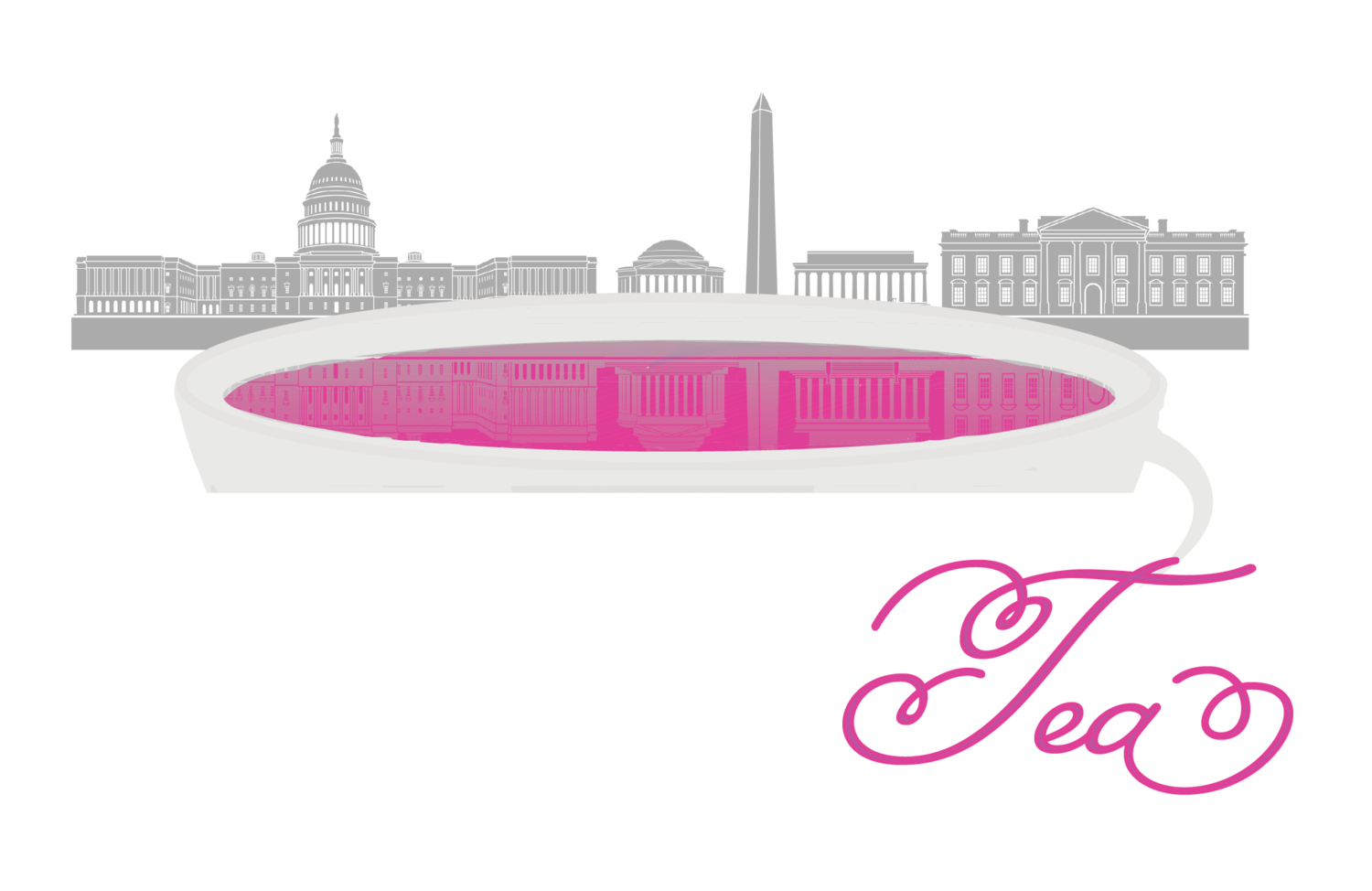Sip on This British Tea about the 2017 UK General Election
By: Kaitwan Jackson
Pictured are May and Trump. Photo via CNN.com
With the plethora of momentous events occurring in our own nation it leaves little time to focus on some ground breaking international events. The current election in the UK is no small issue, because ultimately it will have grand effects for the United States. But first some background:
· The current UK Prime Minister is Theresa May, she is a member of the Conservative Party.
James Corbyn, photo via Business Insider
· Jeremy Corbyn is leader of the Labour Party (left-wing party that opposes the Conservatives).
· Hung Parliament – occurs when no political party has superior control in Parliament (UK’s equivalent to Congress, although there are differences between the two)
· This election has been expedited from its original date of 2020.
· Ultimately whoever wins the highest number of seats in the House of Commons (more powerful version of the House of Representatives) selects the Prime Minister.
· There are 650 seats in the House of Commons, and 326 seats or more is majority.
· Brexit: UK withdrawal from the EU (withdrawal initiates on June 19, 2017)
Current Prime Minister May called the recent election due to her party only having 330 seats in the House of Commons, such a slim majority restricted her from passing conservative legislature. But Therese May was never elected to the position, when her predecessor quit she was assumed to fill the role. She called the election in hopes to provide validity to her deserving of the role and increase her majority, but in the end a hung parliament may ensue and she might get the boot.
May did not expect the Labour Party to be a strong source of opposition for the expedited election, but she has been proven wrong. Her doubt was possibly fueled by the seemingly radical ideologies of her opponent Jeremy Corbyn and the simple truth that the Labour Party has not held majority since the 2005 elections.Corbyn has supported eliminating tuition on British universities, showed passive care for the effects of Brexit, his geographical upbringing bias his opinion on high ranking issues (welfare, foreign relations, and immigration), he lacks authority within his party, and would like to raise taxes. His proposed initiatives created a contempt within his party and the public, and almost got him replaced. So how could he possibly succeed in the election with such a track record?
Given the rift created in the UK public because of Brexit, relations with President Trump, and the current terrorist attacks all UK parties are seeing radical changes in support. Brexit being the most obvious due to its elimination of free entry of immigrants form other EU countries, more specifically those who may be linked with terrorist organizations like Al-Qaeda and ISIS. Therefore, the people are divided as to who they would like in office, a woman that has held Trump’s hand (President Trump has received strong criticism among the British), or a radically left-wing leader.
The implications of either choice of severe for American politics, especially because Britain is a member of NATO (North Atlantic Treaty Organization). Should May keep control we may see very little differences, especially because the conservatives have held majority for over a decade. But Corbyn on the other hand has a very different agenda in mind. For starters, he is a proud opponent of NATO, calling it “a danger to world peace.” Should he assume office he may retract alliance from NATO, this would cause the US to lose one of its major allies in Europe. He also does not support nuclear arms, and especially in today’s climate even the threat of nuclear arms holds clout. With South Korea issuing its 4th recent missile “test,” that were very close to US ships, and the increasing threat of terrorist organizations. It is plain to see that losing the support of at least one country would significantly halter the US’s ability to protect itself and share counter intelligence information with other allies.
As current polls show the Conservative Party holds the lead, but the results show no leading party (326 or more). Therefore, the Conservative Party has lost its majority, the only way for a seemingly smooth parliament would be other parties pledging allegiance to parties with greater majority. But hey, the conservatives could try to run Parliament without a majority, but historically parties in this predicament don’t last.
UPDATE as of 1:45AM: At 1:40AM, BBC confirmed a hung parliament. This means that neither party has the majority, but still serving as a huge setback and disappointment for Theresa May. In the wake of the confirmed hung parliament, there are already requests for resignation. May requested an early election to gain more seats, but this did not work as she lost her party the majority.
James Corbyn's Labour Party performed much higher polling numbers than polls expected (flashback to Trump in 2016's election)!
The final numbers:
Con 316
Lab 265
SNP 34
Lib Dem 13
Plaid 3
Green 1
Other 18






